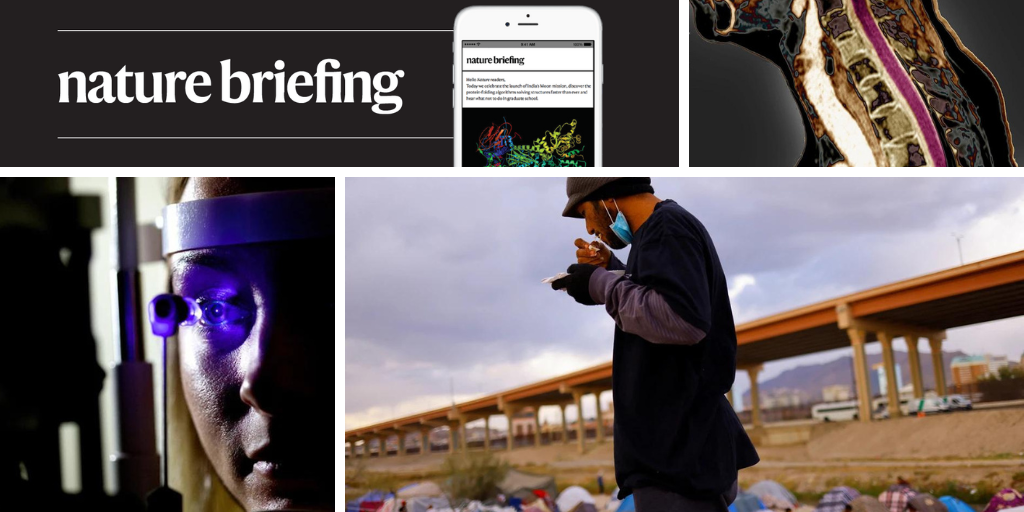Researchers have developed an AI model that can detect signs of Parkinson's disease in patients' eye scans up to seven years before clinical diagnosis, potentially allowing for early interventions and delaying the progression of the disease.
Scientists have used AI to design proteins with two different states, essentially creating biological transistors that can change their shape depending on inputs, opening up new possibilities for biotechnology and medical solutions.
Artificial intelligence has the potential to revolutionize the medical industry by quickly discovering new drug candidates and extending human lifespans through therapies that repair damage to cells and tissues, leading to a projected $50 billion AI drug discovery revolution and the possibility of living to 150 years old.
Scientists have developed an artificial intelligence tool, RETFound, that can diagnose and predict the risk of multiple health conditions, including ocular diseases, heart failure, and Parkinson's disease, based on retinal images, using self-supervised learning.
AI is revolutionizing scientific research by accelerating drug discovery, predicting protein structures, improving weather forecasting, controlling nuclear fusion, automating laboratory work, and enhancing data analysis, allowing scientists to explore new frontiers and increase research productivity.
An AI program called AlphaMissense developed by Google DeepMind can predict whether missense mutations in DNA are harmless or likely to cause disease, aiding in research and medical diagnosis of rare disorders.
A new study finds that intrinsically disordered proteins can induce specific structures in each other when they interact, using Google's AlphaFold AI software to determine the structure.
Researchers in the UK have developed an artificial intelligence program called RETFound that uses retinal images to detect eye, heart, and neurological disorders, surpassing existing AI systems and clinical experts in diagnostics with less labeled data and accounting for diverse populations and rare diseases. This technology could lead to more accurate and efficient diagnoses of vision and systemic health issues.
The use of AI tools like AlphaFold to predict protein structures and aid in drug discovery is gaining momentum, but questions remain about the quality and validation of the predicted interactions.
Artificial intelligence (AI) tools, such as CellProfiler, are revolutionizing image-based research in the life sciences by automating image analysis and accelerating workflows, but bioinformaticians need to bridge their skills gaps and familiarize themselves with AI tools to fully harness their potential.
Researchers have successfully used artificial intelligence (AI) tools, such as AlphaFold, to map the structure of a protein from the Langya henipavirus, a virus related to some deadly pathogens, allowing them to develop a prototype vaccine and highlighting the potential of AI in preparing for future pandemics.
Artificial intelligence (AI) is being used to design synthetic proteins, greatly speeding up the process of drug development and protein design in scientific research.
